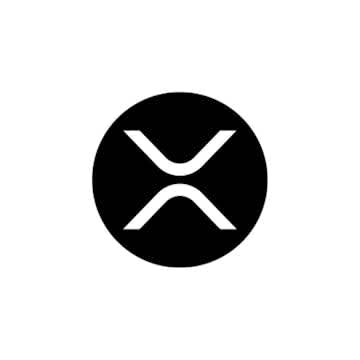Which Football Clubs Enter Esports and Why?
You know you made it when the big international brands come knocking for what you’ve built – and that’s certainly become the case with esports as traditional football teams are doing their best to get on the hype train in a bid to capture a portion of that coveted millennial audience by finding the next great esport player. On a surface level, it’s quite amusing to see the football people lining up at the door of the nerds – but actually, their presence poses interesting questions about the future of esports teams as a whole.
How will these international behemoths stack up with the endemic orgs in the long run? Will we see the same El Clásicos in twenty years as what we’ve gotten used to in football or is it going to turn out to be an odd mish-mash of the two worlds? The answers to these questions will greatly depend on how the current pioneers of the digital space will fare going forward in the gaming industry – which is why we put together a list of the most notable football teams in esports.

FC Copenhagen
Perhaps the least star-studded name on the list, the Danish side were one of the few who decided to take a plunge on Counter-Strike. For many sports teams, CS:GO is a no-no because of its violent nature and the whole notion of playing as terrorists – this hasn’t stopped them from founding North, a team whose results don’t quite match up with the professional supporting structure they can leverage. In some ways, it’s a testament to their setup that we look at them as meme-worthy also-rans in the Danish scene instead of an arm of a football team: you couldn’t really do better than that from a branding perspective in two years.
AS Roma
Sometimes it’s not a solo adventure. Moving over to the Eternal City, AS Roma paired up with esport juggernauts Fnatic in order to establish a foothold in FIFA, a game which is certainly a logical choice for companies involved in the real-life version of the same game. Styled ”RomaFnatic”, the team managed to record an unbeaten tournament win at the Gfinity Elite Series, though it’s not exactly a sign of stability that none of the original players are still on the books considering it was founded in February 2017. The merry-go-round isn’t showing any signs of stopping, either as they’ve announced the removal of FIFA player Conran “Rannerz” Tobbin on March 25th.
Schalke 04
The eternal bottlers of the Bundesliga took quite the plunge with the purchase of a League of Legends spot in 2016, eventually branching into FIFA and PES as well. They’ve not managed to make it to Worlds just yet, though they were tantalizingly close last year, having finished behind Fnatic in second place and eventually losing to G2 in the regional finals. Have they managed to transfer the ethos with the brand? Only time will tell.
Paris Saint-Germain
Fueled by the endless pits of money from Qatar, the controversial football-cum-sportswashing project in Paris also established itself in the world of esports, first by partnering with ESWC in 2017. Their involvement in esports so far includes a failed LCS venture and an impressively wide current portfolio with FIFA, Rocket League, DOTA 2 and a bunch of mobile games.
The list is nowhere near exhaustive – among others, Ajax, Valencia, West Ham, Manchester City and Celtic have already hopped onto the bandwagon and there’s clearly more to come. Last year, the founding of the League of Professional Esports business-wise made news across the world, a TO meant to host esport competitions exclusively for the affiliates of traditional sport organizations. At the time of writing, they’ve postponed their Clash Royale event, their YouTube channel has 66 subs and they boast less than 4000 Twitter followers. Clearly, they can’t all be winners – especially if you consider the “how do you do, fellow kids?” vibe of their videos about video games.




